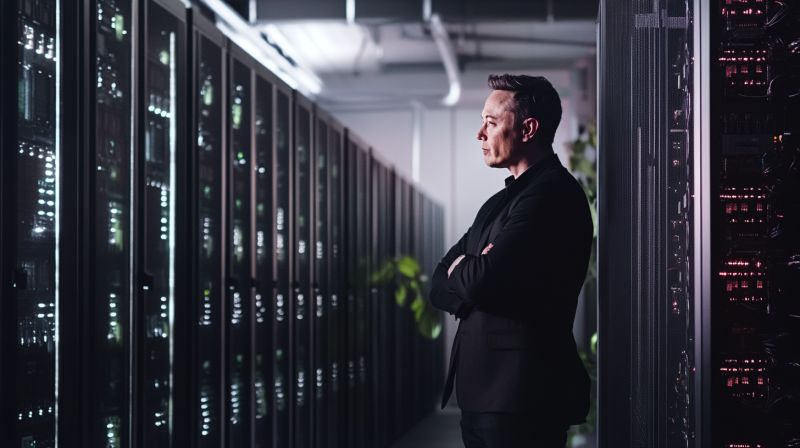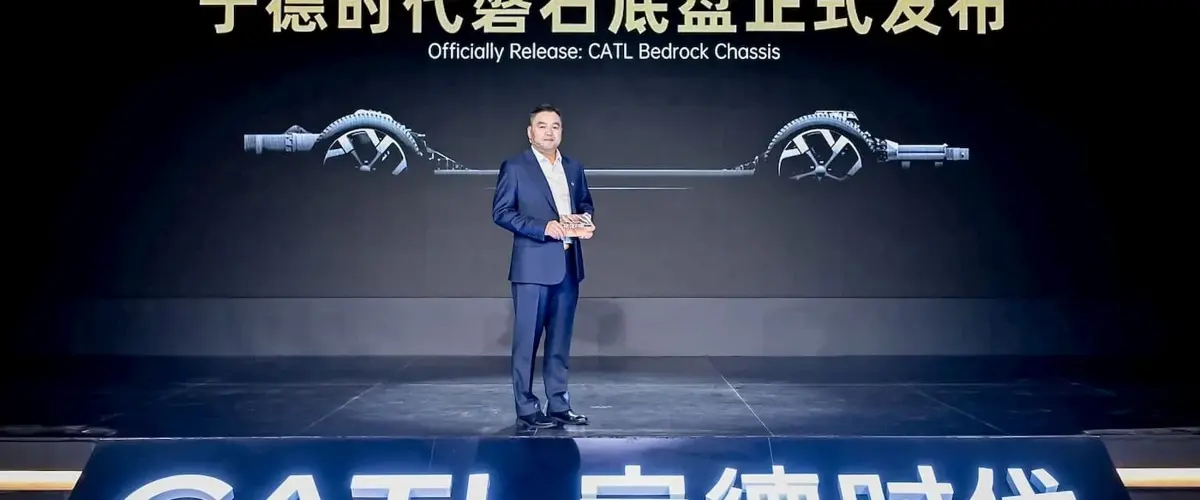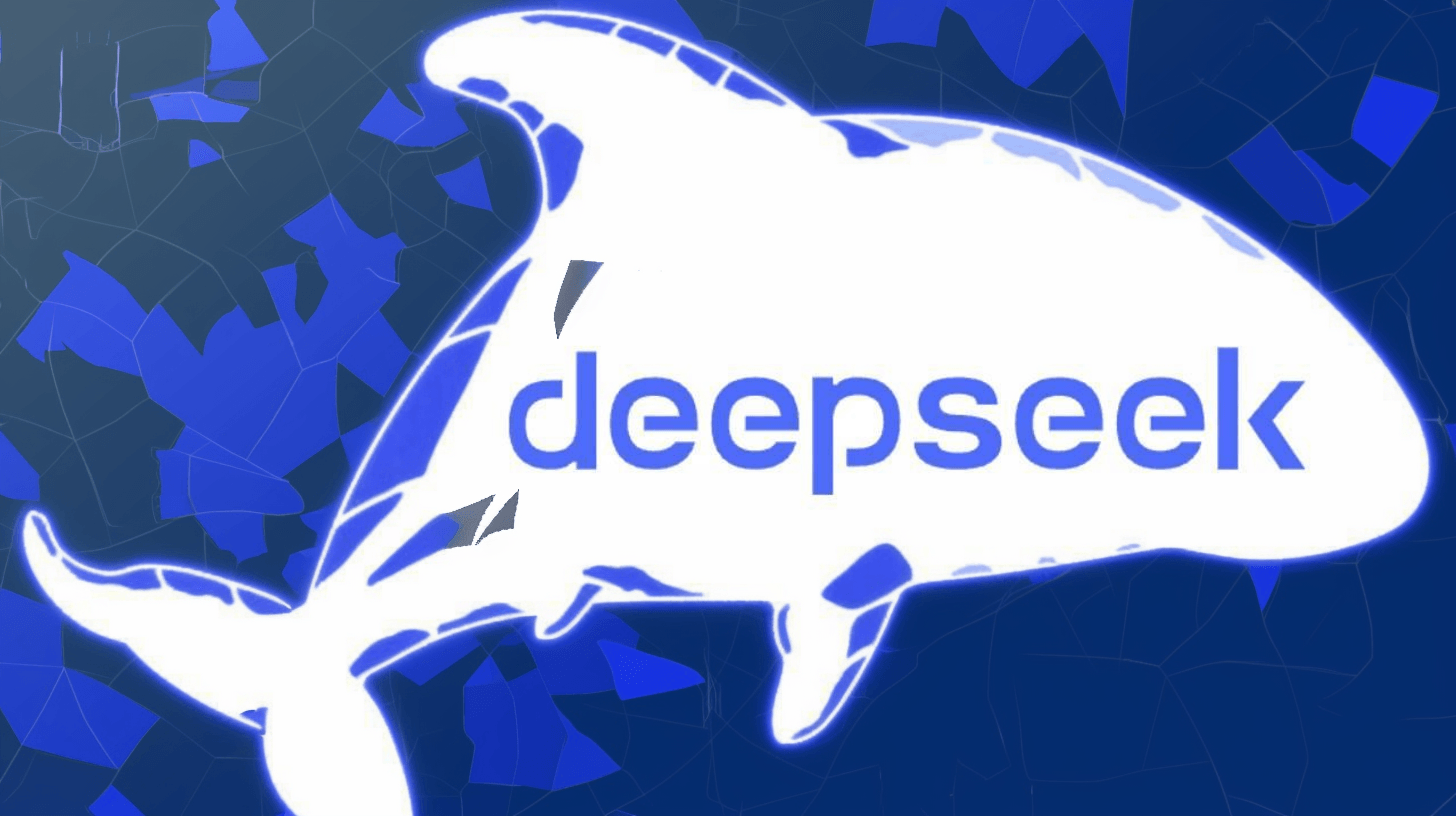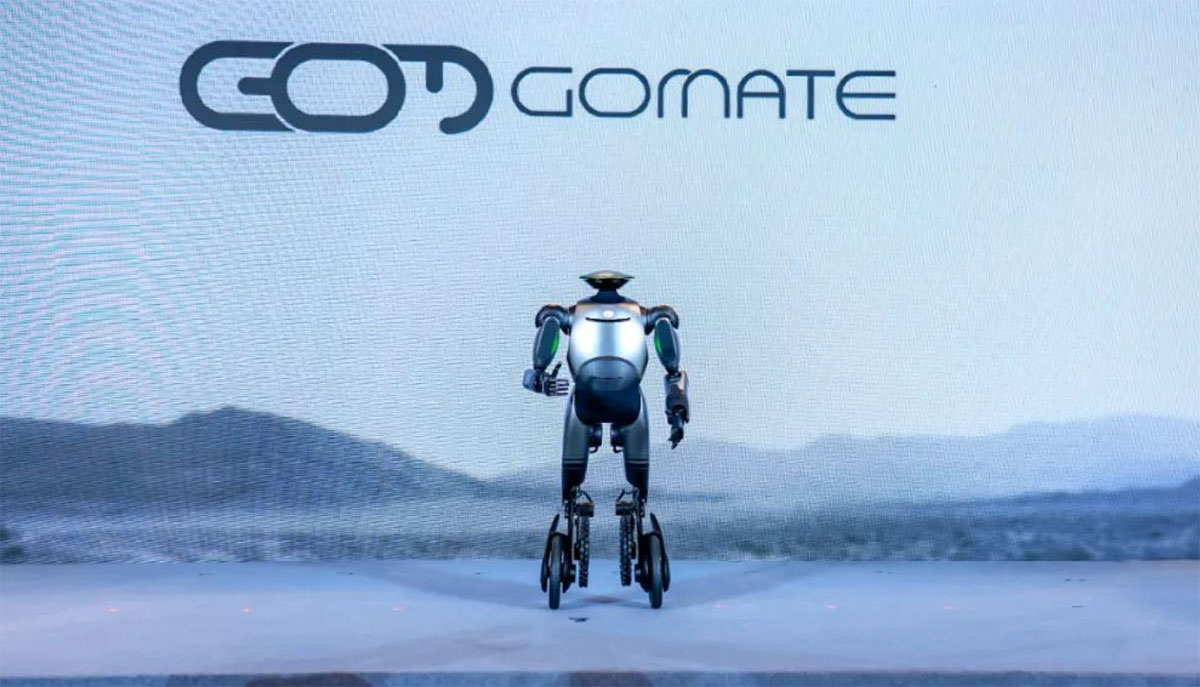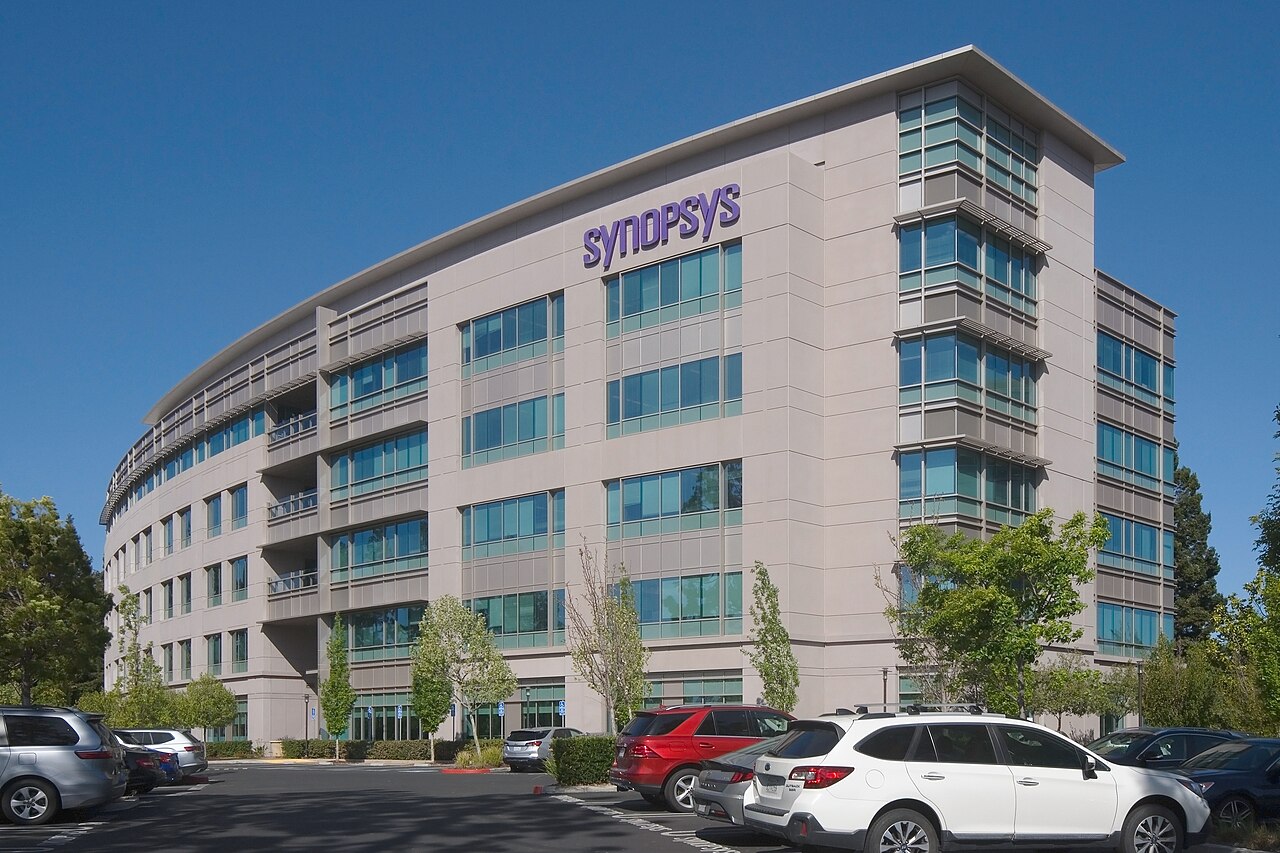Elon Musk Raises $6 Billion for AI Supercomputer Development
Elon Musk’s startup, xAI, has successfully raised $6 billion in its latest investment round, building on the momentum of its previous fundraising event. This investment will help the company develop a powerful supercomputer and train cutting-edge generative models to compete with market leaders such as ChatGPT and Gemini.
Key Investors and Funding Details
The round saw contributions from prominent investors, including Nvidia, AMD, Andreessen Horowitz, Blackrock, Fidelity, Kingdom Holdings, and Sequoia Capital. Notably, the minimum investment required for participation was $77,593, and only those who had previously invested in xAI were allowed to join. As a result of these new funds and the previous $6 billion raised, xAI’s valuation has skyrocketed to $45 billion. Those who had supported Musk’s acquisition of Twitter received a discount of up to 25% on xAI shares.
The Supercomputer and Future Plans
The funds will be allocated to developing a new supercomputer, Colossus, which already consists of 100,000 Nvidia graphics processing units (GPUs). In the upcoming months, this number will increase to 200,000, with Musk’s long-term goal being to expand the system to 1 million GPUs. However, challenges remain in securing the necessary energy to power such a massive machine. For instance, it took Musk half a year to find the 150 MW needed for the first 100,000 GPUs, during which much of the system was idle.
This supercomputer will enable the training of more advanced models that could rival existing AI giants. xAI has already begun work on its most powerful model, which is still under training. With these new investments, the company is focusing on launching innovative products for both consumers and businesses.
xAI’s Progress and Innovation
Since its founding last year, xAI has released its large language model, Grok, which powers many of the features on the social media platform X (formerly Twitter). One key feature of Grok is its ability to answer sensitive or politically incorrect questions, which other models often avoid. Moving forward, Grok could evolve to offer enhanced search capabilities within X and provide advanced social media analytics.
In parallel, Musk continues his legal battle against OpenAI, accusing the company of unfair competition through its partnership with Microsoft, alleged investor pressure, and conflicts of interest. Musk’s legal team has filed a motion seeking a preliminary injunction to stop OpenAI from becoming a commercial entity, claiming antitrust violations.
